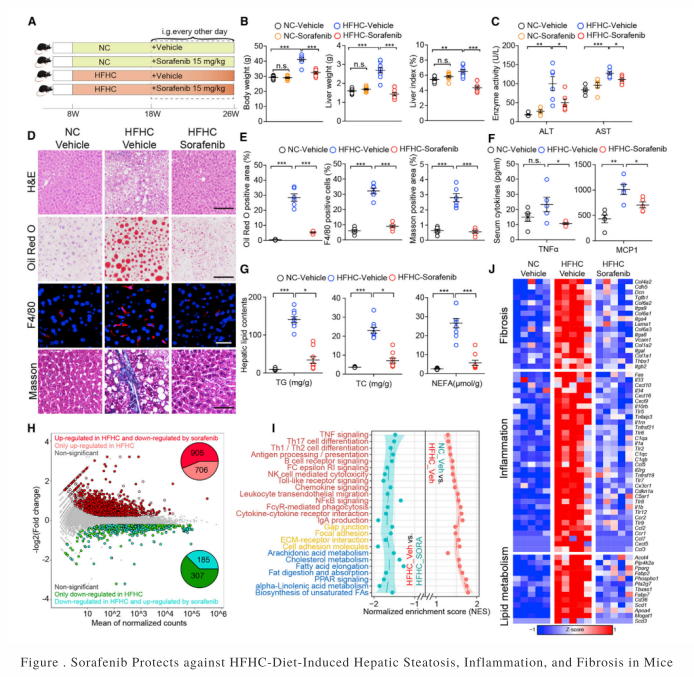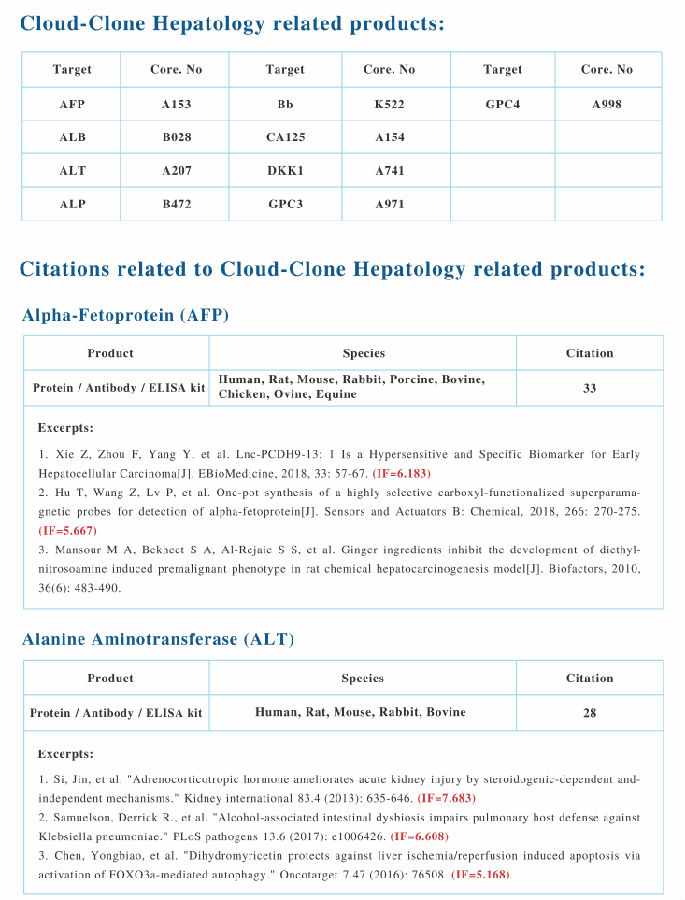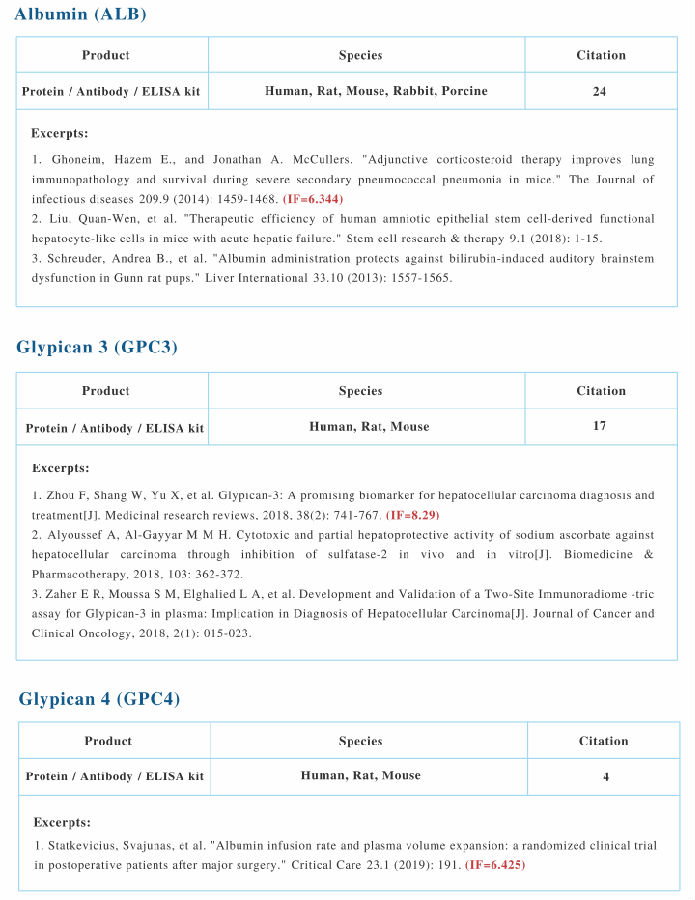Low-Dose Sorafenib Acts as a Mitochondrial Uncoupler and Ameliorates Nonalcoholic Steatohepatitis
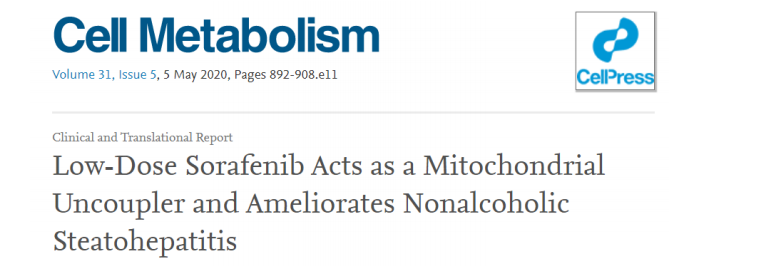
On May 5, 2020, professor Xiao-Jing Zhang,Lihua Zhu and Hongliang Li from Department of Cardiology of Renmin Hospital of Wuhan University and Institute of Model Animal of Wuhan University published a joint paper titled Low-Dose Sorafenib Acts as a Mitochondrial Uncoupler and Ameliorates Nonalcoholic Steatohepatitis on Cell metabolism.
The ELISA kit (MCP1, SEA087Mu; TNFa, SEA133Mu) of Cloud-Clone brand was chosed to determine the concentation of MCP1 and TNFa in this article, we are so proud for supporting the reaserchers.

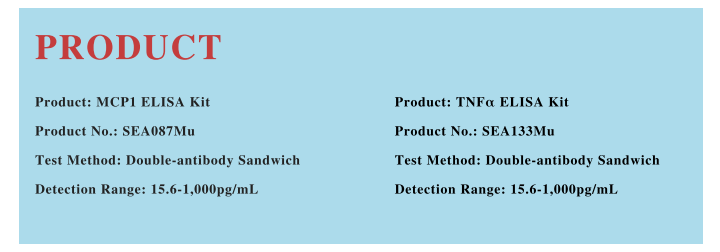
Nonalcoholic steatohepatitis (NASH) is becoming one of the leading causes of hepatocellular carcinoma (HCC). Sorafenib is the only first-line therapy for advanced HCC despite its serious adverse effects. Here, author reports that at an equivalent of approximately one-tenth the clinical dose for HCC, sorafenib treatment effectively prevents the progression of NASH in both mice and monkeys without any observed significant adverse events. Mechanistically, sorafenib’s benefit in NASH is independent of its canonical kinase targets in HCC, but involves the induction of mild mitochondrial uncoupling and subsequent activation of AMP–activated protein kinase (AMPK). Collectively, our findings demonstrate a previously unappreciated therapeutic effect and signaling mechanism of low-dose sorafenib treatment in NASH. We envision that this new therapeutic strategy for NASH has the potential to translate into a beneficial anti-NASH therapy with fewer adverse events than is observed in the drug’s current use in HCC.
